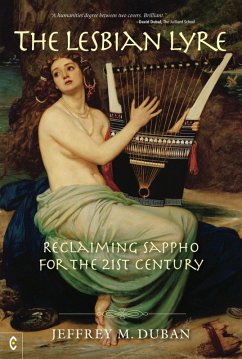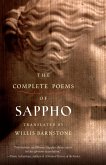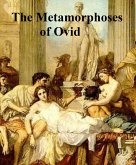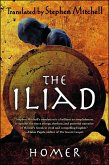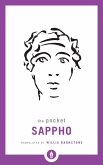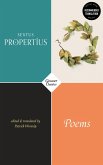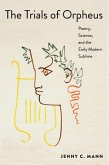Duban provides a reader-friendly overview of Sappho's times and themes, exploring her eroticism and Greek homosexuality overall. He introduces us to Sappho's highly cultured island home, to its lyre-accompanied musical legends, and to the fabled beauty of Lesbian women. Not least, he emphasizes the proximity of Lesbos to Troy, making the translation and enjoyment of Homer's Iliad and Odyssey a further focus.
More than anything else, argues Duban, it is free verse and its rampant legacy - and no two persons more than Walt Whitman and Ezra Pound - that bear responsibility for the ruin of today's classics in translation, to say nothing of poetry in the twentieth century. Beyond matters of reflection for classicists, Duban provides a far-ranging beginner's guide to classical literature, with forays into Spenser and Milton, and into the colonial impulse of Virgil, Spenser, and the West at large.
Dieser Download kann aus rechtlichen Gründen nur mit Rechnungsadresse in A, B, BG, CY, CZ, D, DK, EW, E, FIN, F, GR, H, IRL, I, LT, L, LR, M, NL, PL, P, R, S, SLO, SK ausgeliefert werden.

